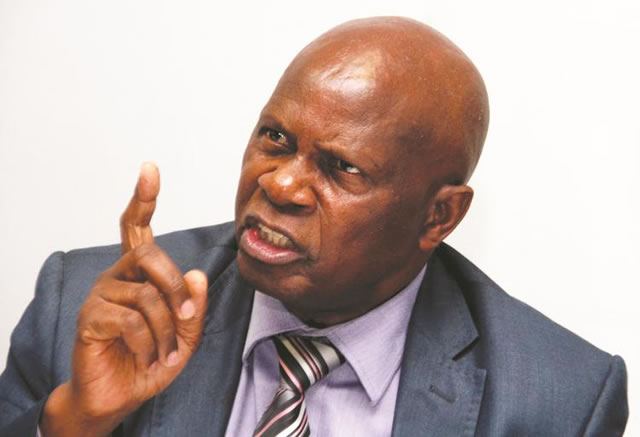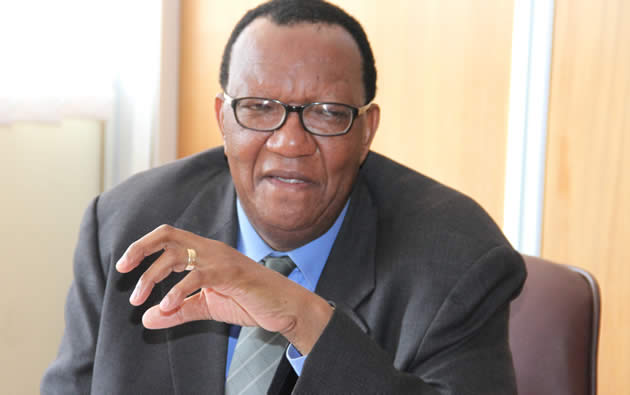SEZs breakthrough imminent

Prosper Ndlovu Business Editor
A breakthrough in the creation of Special Economic Zones (SEZs) — a major component embedded in Zim-Asset to drive economic growth – is imminent with Parliament last week adopting a motion paving way for its speedy implementation.Captains of industry and economists accuse the government of dragging its feet in operationalising (SEZs),viewed as the panacea to the collapse of the manufacturing sector, two years after their unveiling in the economic blueprint.
Finance and Economic Development Minister Patrick Chinamasa said last Thursday that implementation options had been tabled before Cabinet for consideration but quickly pointed out that the approach would not be applied globally.
A special economic zone generally refers to a modern economic zone in which business and trade laws differ from the rest of the country to facilitate increased investment, job creation and effective administration.
“The concept of Special Economic Zone is only relevant where we want to attract foreign direct investment. As a result, it cannot be applied globally to all the industries which are in distress,” he told legislators during debate in Parliament.
Chinamasa said his ministry had submitted several option-approaches to Cabinet to choose the most relevant take for the country’s economic situation.
“Currently there is a lot of debate going on in Cabinet and in the committees of Cabinet to identify the option that we think we should push forward by way of SEZs. We’re likely to end up with a hybrid choice.”
Among the options is the geographical area approach, product option, industrial park and a national comparative advantage approach.
The geographical area approach, he said, entails identifying a specific economic area, say Bulawayo, as a special economic zone and “apply or give all the incentives that we want in order to locate any investor into that geographical area”.
The product option, said Chinamasa, involves identifying products in which the country has competitive advantage and expertise to produce them at high quality levels.
“This option will be referred to as the product option where we are isolating a product. The product could be cotton, gold or diamond. We isolate it and say, we want to be a world class producer of this product and then we mobilise all the resources necessary to be able to achieve that standard and level,” said the minister.
“Another option is to narrow the geographical area into what is called an industrial park. This would entail a small geographical area, for example five hectares, preferably in an urban setting.”
He said the major thrust of industrial parks would be to attract new technology into the country by coming up with a menu of incentives for such investors.
The approach is to benefit entities such as computers and cell phones assembly firms and other new technology enterprises.
On the comparative advantage approach, Chinamasa said, Zimbabwe was well positioned to be a knowledge-based economy given its skilled population.
He said the country only needs to mobilise necessary resources to attain world class status as producer of skilled professionals, which it can export in terms of expertise and services regionally and also globally.
The minister said the country was already reaping benefits of that investment from Zimbabweans in the Diaspora.
Recent statistics indicate the Diaspora community is sending up to $7 billion in remittances annually.
Chinamasa called for speedy development of necessary infrastructure and boosting power production to support SEZs and attract foreign direct investment.
“So it’s very necessary that as a foundation…we must lay the necessary foundation so that we close the infrastructure gap in every sector, in power generation, power transmission, water, roads, railways and ICT,” he said.
Advanced economies such as China have adopted the model and expectations are high that Bulawayo would be declared a manufacturing zone, Victoria Falls a tourism zone, the Midlands a mining zone with parts of Matabeleland turned into livestock zones.
Chegutu West MP Dexter Nduna had moved the motion on SEZs and called on the government to expedite their implementation.
He proposed several incentives to be proffered to bolster investment.
These included “a 100 percent tax exemption for the first five years then 15 percent thereafter, 100 percent foreign ownership of companies operating in free trade zones or SEZs, 100 percent repatriation of capital, profits and the duty free importation of capital goods and raw materials, the hassle free licensing and the business facilitation”.










Comments